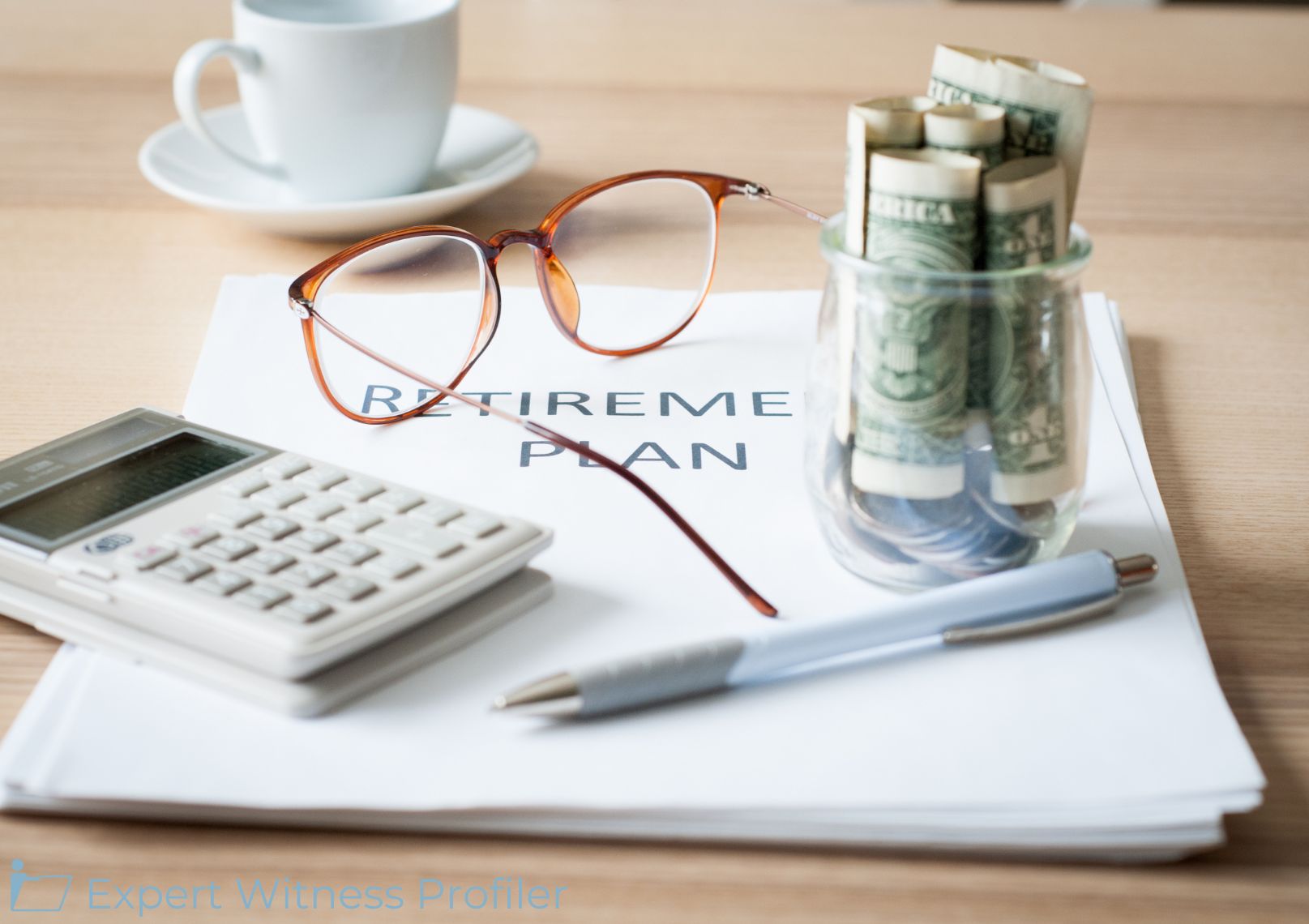
Posted In: Expert Challenges, Finance Expert Witness
Posted On: January 24, 2025

Posted On: January 24, 2025

Posted On: September 9, 2024

Posted On: August 14, 2024

Posted On: January 9, 2024

Posted On: November 16, 2023

Posted On: October 10, 2023

Posted On: September 27, 2023

Posted On: September 22, 2023

Posted On: September 18, 2023

Posted On: September 13, 2023